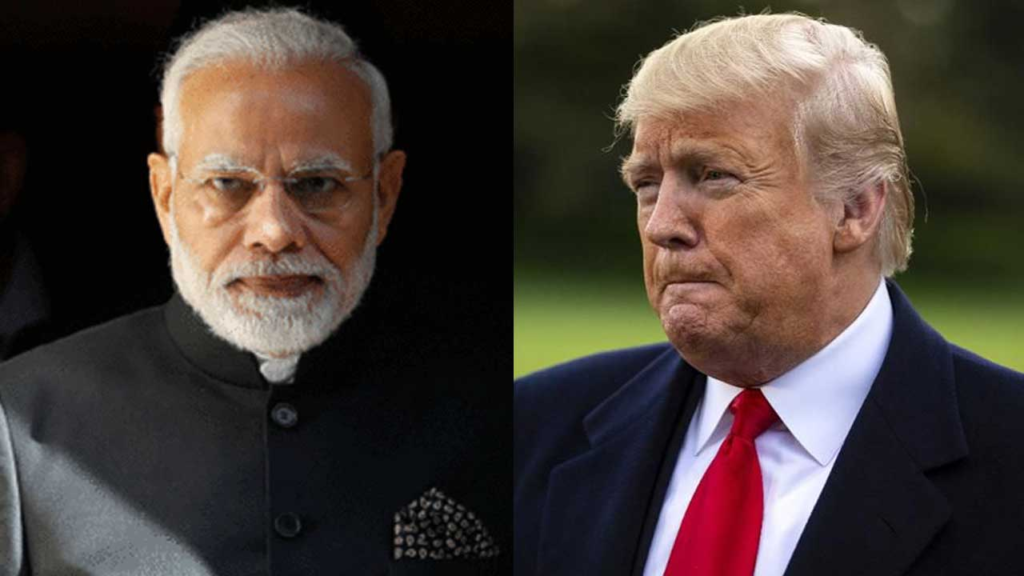For decades India’s foreign policy was driven by Nehruvian idealism which sought to balance the global relations rather than seeking self-interest. In the name of ‘idealism’, it supported communism and the Soviet Union. The country had not been able to take ‘independent decisions’ and consulted the United States or the Soviet Union before taking any decision on self-defense or self-interest. But the Modi government is driven by a different school of foreign policy and it was very much visible in the first term of Modi government.
For instance, India carried out the Balakot airstrikes in complete secrecy and even the US and other countries didn’t even have the slightest of an idea. They came to know about the airstrikes only after the mission was completed. Had it been a Congress government, the first thing the Indian government would have done is to ‘consult’ the US government and then carry out airstrikes depending on their approval/disproval.
The ‘Chanakyan School of foreign policy’ is prominent in the Modi government. According to this school, a country should adhere to ‘Realism’ on foreign policy matters and ‘National Interest’ should be supreme while dealing with any other country. This is in stark contrast with ‘Nehruvian foreign policy’ which used to see foreign policy as a tool of ‘international good’ rather than ‘National Interest’.
The foreign policy of the Modi government won applauds from most prominent publications on international relations like Foreign Policy and Foreign Affairs. In an article in Foreign Policy tilted ‘Modi Reimagines India’s Role in the World’, Harsh V Pant wrote, “No longer just a balancer, the prime minister wants to make India a major power in its own right. And his cabinet pick shows he’s serious about doing so.”
In an article titled, “Will India Start Acting Like a Global Power?”, Alyssa Ayres, senior fellow for India, Pakistan, and South Asia at the Council on Foreign Relations argued that under Modi government India has started acting like a global superpower.
Earlier a single statement from the head of the state of global superpowers would have made hullabaloo in North Block but now the government does not give much importance to the statements of foreign leaders, be it the US president, if it does not concern India’s self-interest.
For instance, before meeting PM Modi at the G20 Summit in Osaka, Japan, US president tweeted, “I look forward to speaking with Prime Minister Modi about the fact that India, for years having put very high Tariffs against the United States, just recently increased the Tariffs even further. This is unacceptable and the Tariffs must be withdrawn!”
I look forward to speaking with Prime Minister Modi about the fact that India, for years having put very high Tariffs against the United States, just recently increased the Tariffs even further. This is unacceptable and the Tariffs must be withdrawn!
— Donald J. Trump (@realDonaldTrump) June 27, 2019
However, after meeting PM Modi, a complete change in the tone of Trump was witnessed. He said, “We have never been closer, I can say that with surety… will be discussing trade today.”
This shows the kind of aura and personal charisma PM Modi exhibits. He took a keen interest in foreign policy even during the 2014 general election campaign and before that as CM of Gujarat.
PM Modi has been successful in pacifying most of the world leaders in important issues relating to India. Chinese President Xi Jinping had made ‘bold’ statements on the Doklam issue. Chinese state-run media indirectly threatened India and warned of disastrous consequences if India did not pull out its troops. However, after PM Modi met with Xi and with India not backing down in the face of Chinese aggression, the issue got resolved with China finally agreeing to stop construction of the road in Doklam. PM Modi has also been able to improve relations with Islamic countries despite his media manufactured image.
PM Modi envisions India as a global superpower. He imagines India as a country which could set the course of International relations with unmatched defense, economic, and soft power.
